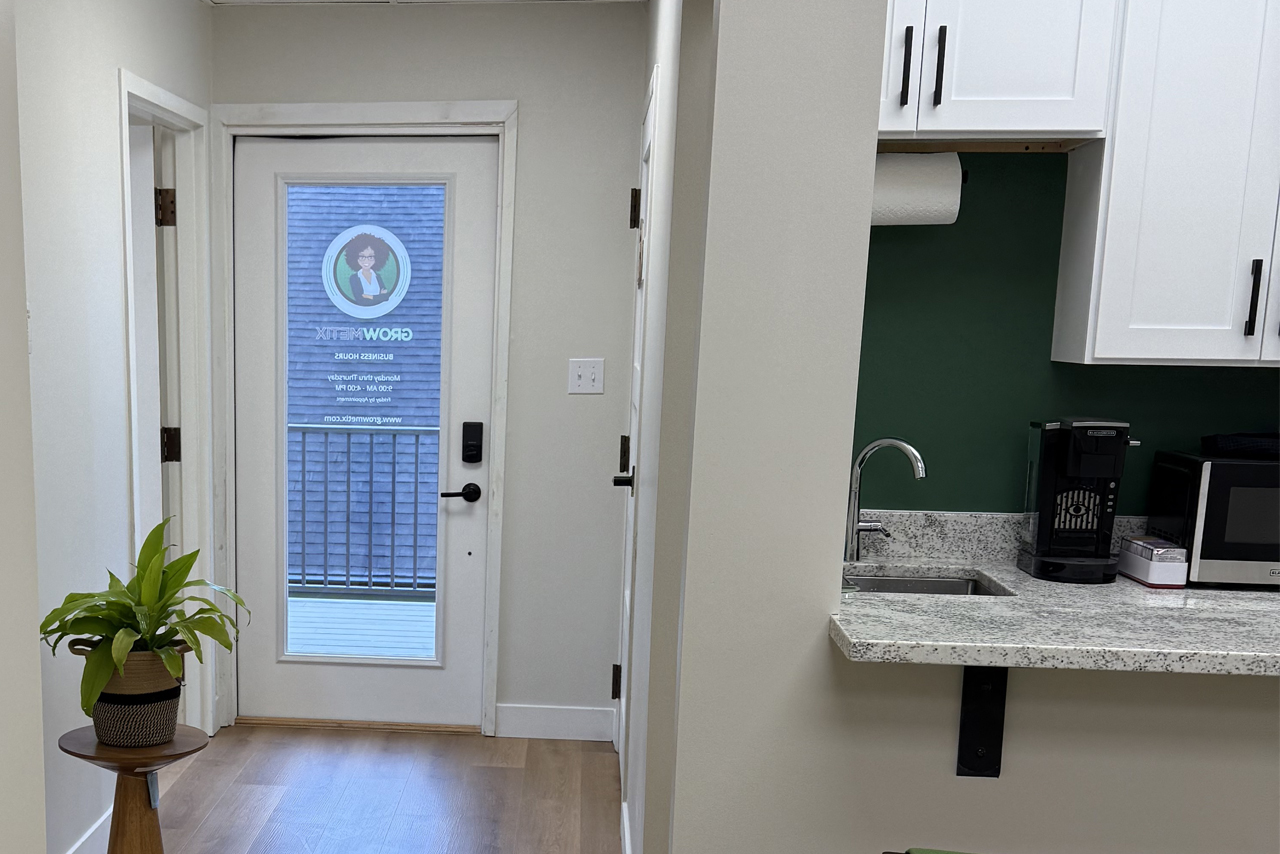As entrepreneurs, we navigate challenges and opportunities every day. And having access to capital at pivotal points in your business is a key ingredient for making it all work.
Getting the cash you need to fund an office space upgrade for your growing team, float the first phases of a big government contract you just won, or finance your bid to expand market share by buying a competing company can be a challenge.
Even with a good credit score, banks can see a growing business as a risky investment. They want to know that you will repay the money they lend. This is a barrier to growth that could be discouraging for many business owners.
But there’s a powerful solution you may want to explore . . . an SBA 7(a) loan.
What Is an SBA 7(a) Loan?
The U.S. Small Business Administration’s 7(a) loan is a government-backed financing option designed to help small businesses like yours break through funding barriers. By “government-backed,” I mean that the SBA guarantees a portion of your loan. If you fail to pay it back, the SBA would repay the bank up to 85% (depending on the loan amount). This significantly reduces risk for banks and other lenders, helping them feel more comfortable about lending to businesses that might not qualify for conventional financing.
This flexibility is why the 7(a) loan is such a popular option for a wide range of business needs, including working capital to carry you through dips in your cash flow, acquiring a business, buying equipment, or even refinancing existing debt for better terms.
Finding the Right Lender
Even though Uncle Sam backs the loan, you’ll still work with a lender. But how do you find the right one? Not all lenders offer SBA loans, and those who do often specialize in certain industries or loan sizes.
How to Ace Your Loan Application in 5 Steps
Instead of cold-calling banks and filling out a dozen applications, a great first step is using the SBA Lender Match Tool. This free online service connects you with SBA approved lenders who are interested in working with you. You fill out a short questionnaire, and interested lenders will contact you directly within a few days. It’s an efficient way to start the process and get a feel for your options.
Once you have an idea of which lender is right for your funding needs, you still have to prove that your business is a good investment. So here are a few tips for making sure your financial house is in order.
- Have a clear plan for the money. Lenders will ask how you plan to use the loan. Be ready to answer with confidence. Think of it like this: If you had to tell someone exactly what each dollar would do, what would you say? Be prepared to paint the full picture, whether it’s for hiring a new project manager, purchasing furniture and equipment, or expanding your marketing efforts. Planning ahead shows lenders that you are serious about your business.
- Know Your Credit Score. Even though you want a loan for your business, your personal credit score still matters. Most SBA lenders look for a score of 680 or higher. If your score is lower (and even if it isn’t), take a closer look before you apply. Many credit card companies these days offer a free credit score. You can also get yours at myFICO.com. Know your number and, if needed, work to improve it. Lowering your credit utilization, for instance, can increase your score. Lenders want to see you’re not maxed out. A good rule of thumb is to keep your balances below 30% of your total credit limit. If you have a card with a $10,000 limit, try to keep the balance under $3,000. You can also visit AnnualCreditReport.com to request your free credit report from the three bureaus (Equifax, Experian, and TransUnion) to be sure everything is what it should be. Submit a dispute if you find something there that isn’t correct or doesn’t belong to you.
- Be able to show profitability, not just revenue. Feels great to have clients or customers, doesn’t it? Money coming in is the goal for every growing business owner. But that’s not enough for Uncle Sam to put U.S. taxpayers’ neck on the line for you. Healthy businesses don’t just bring in money; they have some left over after paying expenses. That’s called making a profit! A clear trend of increasing net profit over the last few years – even if its small – is a good indicator that you’re managing costs responsibly. Be prepared to show just how financially sound your business is.
- File Your Taxes. What are you reporting to the IRS? My clients want to claim the most deductions and pay the least taxes. This is a good practice, but it’s also the number lenders look to. To obtain an SBA 7(a) loan, you’ve got to show documentation, and that means banks will examine your last 2-3 years of business tax returns. This enables them to verify your income, expenses, and overall financial health. That’s why it’s a good idea to plan for lending well ahead of the application process.
- Review Your Bank Statements. If you’ve been reading my articles, you know having a business checking account and keeping funds separate from personal is a smart business move. When you apply for an SBA 7(a) loan, lenders will ask you to provide up to six months of your business bank statements. Your company’s financial transactions (what comes in, what goes out, and when) tell a story of your spending habits and how you manage your money day-to-day. I encourage growing business owners to set aside a specific credit card or two that you use for business expenses and make the payment from your business checking each month. Maintain a separate business checking account for payroll and use it only to pay employees. This makes it easy for you and your lender to track your business’s financial health.
In all, the SBA 7(a) loan is a powerful tool for small business growth, but you’ll need to be “lender ready” to get one. This means you have a clear picture of your business’ financial health and can speak intelligently about how your company will make its next business moves. When you are ready, you can use the SBA Lender Match tool to find the right partner. Then choose a lender with a solid reputation. And remember . . . lenders aren’t just investing in your business—they are investing in you. Having your ducks in a row before you apply shows them that you’re ready.
If you want to clarify your business strategy or get your financial house in order, I’m here. Working with a business coach can help you prepare for your next big business breakthrough, and the financing you need to fund it. I have helped business owners like you position your business in the best light and avoid costly mistakes along the way.
Join the Growmetix® Business Breakthrough Community or book a Free Discovery Call today to find out how coaching with me can help you get there.







